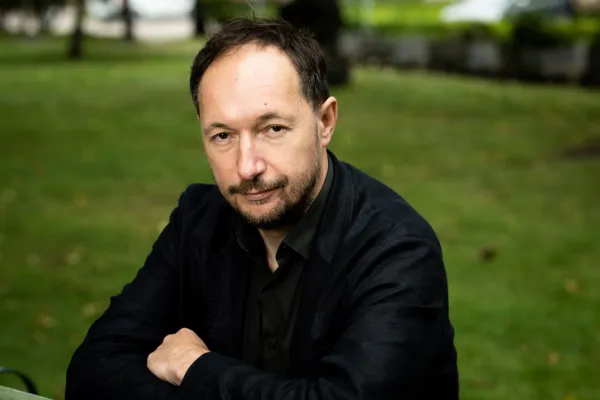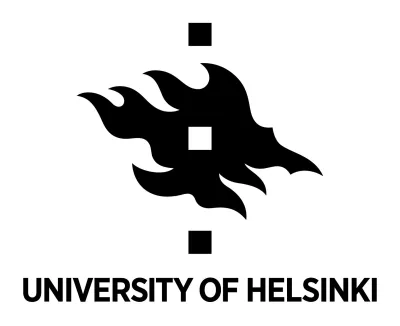Finland

Danila Raskov
Danila Raskov holds a PhD in Economics, and he has published the book The Economic Institutions of Old Believers (St Petersburg University Press, 2012), which is based on his PhD topic. His main research interests are the development of early political economy, the history of economic institutions, religion and economic issues. In St. Petersburg University, he headed the Center for the Study of Economic Culture (2011–2022) and also served as Acting Dean of the Faculty of Liberal Arts and Sciences (2020–2022). He was a researcher in Walras and Pareto Center, University of Lausanne (2012, 2017), Helsinki Collegium for Advanced Studies, Helsinki University (2015), and in Lichtenberg-Kolleg, Göttingen University (2018). He has been serving on the Council of the European Society for the History of Economic Thought (since 2018).
Danila Raskov’s project is aimed at studying cameralism as a system of thoughts and the practice of governance. For a long time Kameralwissenschaften were in the shadow of mercantilism although their importance for both understanding the formation of institutions of the modern state and the beginning of political economy was crucial. This is especially true for Northern Europe: not only for Germanies and Austria, but also for Sweden and Russia of the eighteenth century. The project will reassess the dissemination and emulation of modern practices of governance and the administrative thinking. The study will focus on the translations of cameralist texts, mostly of J.H.G. von Justi, and will show to what extent we could regard the most famous enlighteners of eighteenth-century Russia (for instance, Alexander Radishchev) as cameralists. The project is intended to help tracing the formation of a certain state despotism machine and to put the cameralist texts and thinking in a broader context of political economy, Enlightenment, absolutism, natural law, baroque, and gouvernementalité.
Early modern political economy; cameralism; police state and reform; economics and religion; utopian economic thinking; economic culture
